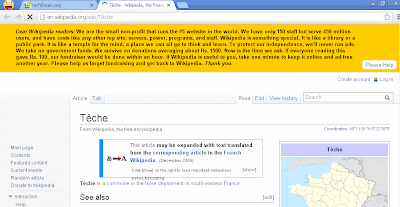Orkut is a social networking site, developed by Google employee Orkut Buyukotten and is owned and operated by Google. It has been helping us to connect us with new friends and to maintain our existing relationships for a decade. Since it launched in January 24, 2004, it has grown its popularity continuously. But after launching Google+, they had stopped thinking about orkut. Now Google is trying to compete with social networking giant Facebook and Twitter (micro blogging site) with Google+. So they finally announced on June 30, 2014 that Orkut will officially shut down its services from September 30, 2014. Until then we can use the services.
Our experience with orkut.
Orkut came with the full pack of features. Users had option to add video to their profile from either YouTube or Google Video, polls for polling a community users, option to integrate Gtalk (messenger from Google) and many more. Not like facebook, orkut has fully customisable environment. Users had option to change the look of entire profile by using themes. People customize their theme depending on their mood, personality or choice.I remembered the craze of orkut, when I was in High School. It was so popular in teenager that we used to arrange discussion on orkut for more than an hour after school. At that time we had a community on orkut, we used to polls for best boy, teacher or girls of the school on it.And Whenever we wanted to know about important notice of school, we used to check orkut rather calling in school or checking out notice board. Apart from all these we had lot of fun on orkut; I am really going to miss orkut.
Apart from many controversies and legal issues, orkut had successfully served us for a decade. It helped shape life online before people really knew what “social networking” was. For all these I would thank and appreciate Google and its creator Orkut Buyukotten.
If you are an orkut user and want to save your Orkut Photos, Scrap, Community data; click on: Save my orkut data. (Available till September 30, 2014)






